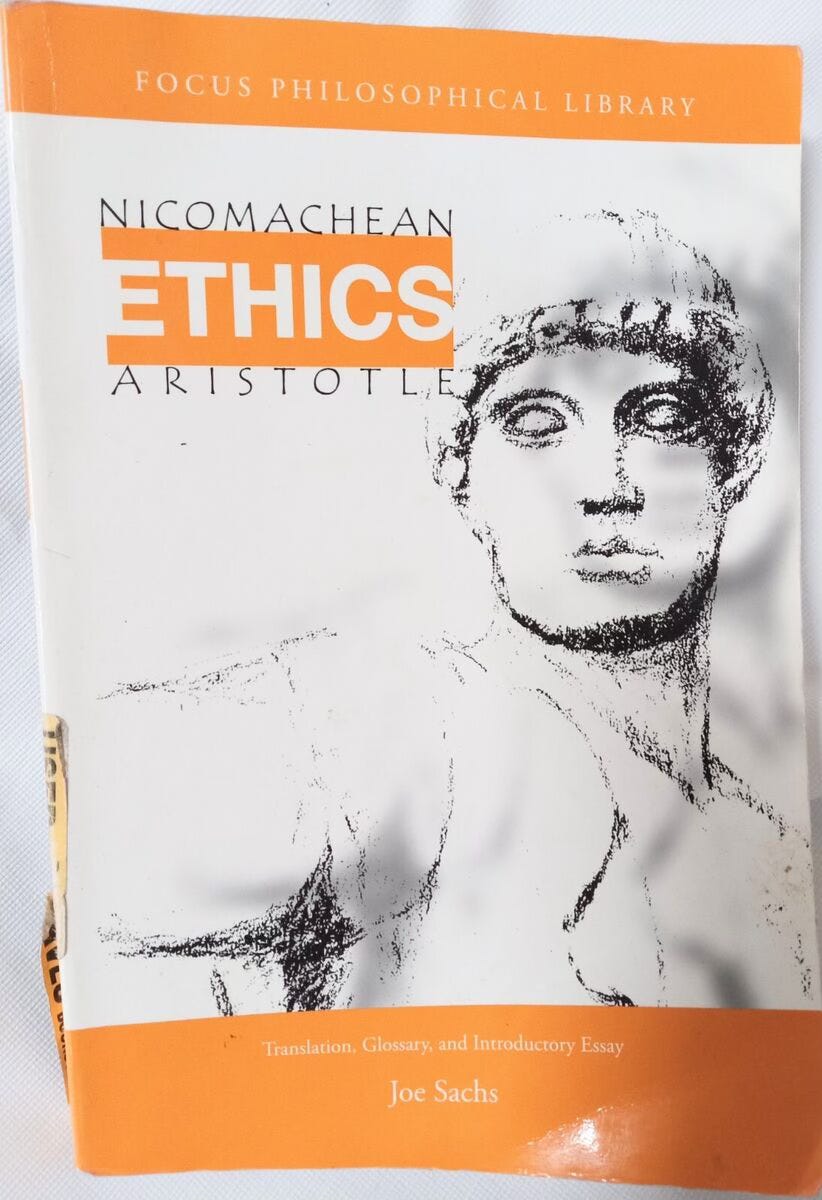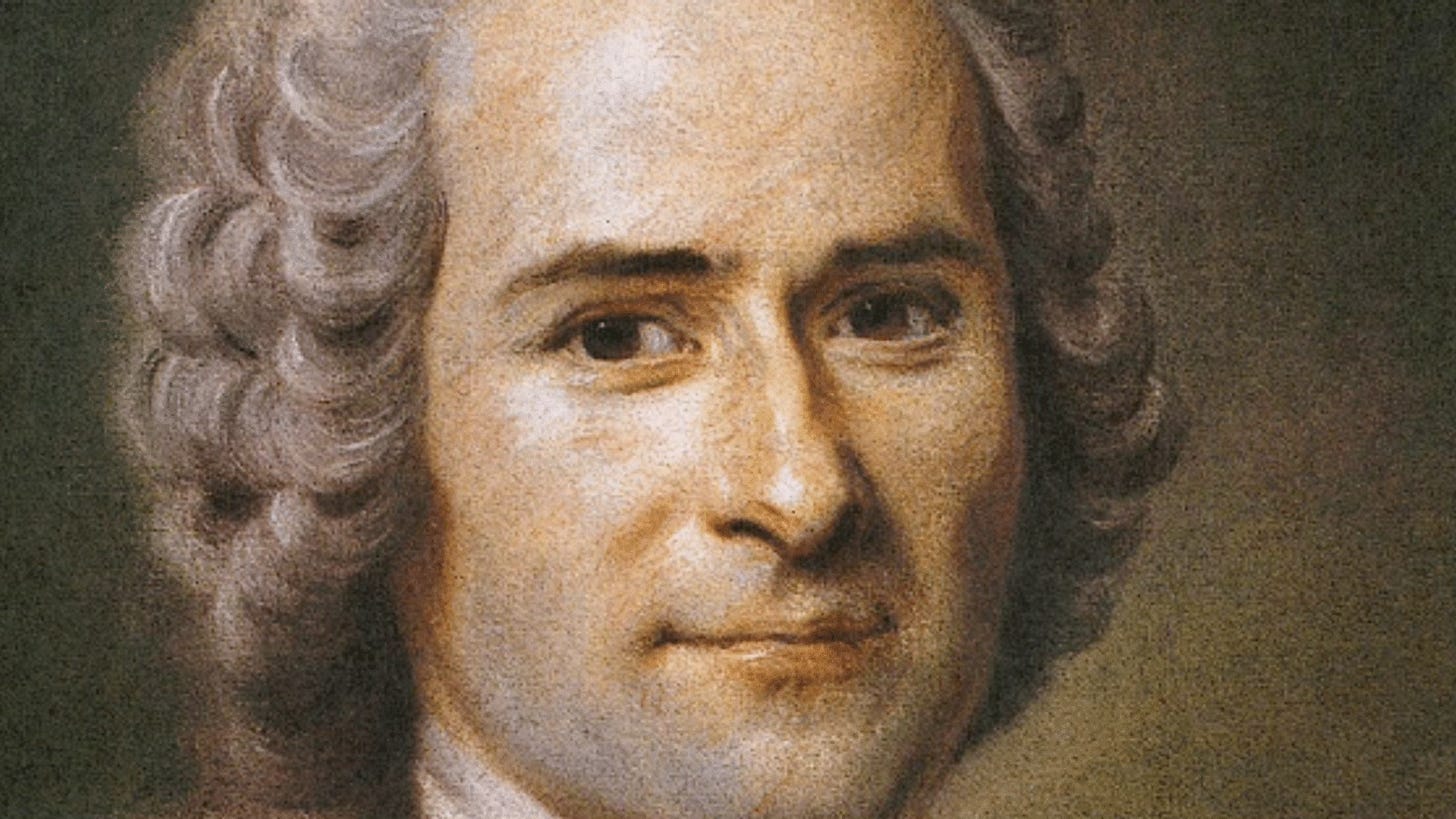Americans Hating America
Why do so many modern Americans—especially those who've spent time in a typical university—believe the United States is uniquely morally shameful and unjust? One answer is provided below.
Let us begin with a zetetic question: How did so many modern Americans—especially those who have spent a spot of time at a typical college or university—arrive at the opinion that of all the nations, cities, tribes, and clans throughout history, the United States is uniquely immoral and unjust, likely the worst of them all?
It’s not true. Historically, there have been many regimes far worse—immeasurably worse—than the United States. So why do so many Americans today with letters behind their names despise their own country in ways they don’t seem to despise other countries?
It’s not merely that many are progressive. That doesn’t explain it. Woodrow Wilson was progressive and he didn’t voice contempt and hatred for the United States. Same with Franklin Roosevelt, who often beamed with civic pride.
LBJ was openly patriotic, as was Jimmy Carter. One can be progressive and at least put on a show of patriotism, maybe even genuinely mean it.
What we’re talking about is a relatively new phenomenon: college-educated Americans who loathe their own country because they believe the United States is distinctively evil—the greatest cause of the greatest social injustices—and it involves more than mere political leanings or partisanship.
Even more: The same college-educated Americans who loathe their own country often cheer and chant support for murderous religious fanatics and foreign terrorist regimes.
How did this come to be?
A big part of the answer is what American-hating Americans learned at college, coupled with what they didn’t learn. It can be a challenge to understand because it involves reasoning about the thought processes of those who reject reason, and looking for the truth regarding those who deny the possibility of truth.
Still, let’s give it a whirl.
The Classical View
Understanding the world of higher education today requires understanding the self-destruction of reason, a main feature of modern philosophy. Understanding the self-destruction of reason requires understanding the radical modern rejection of classical philosophy and science.
The classical view—found in the philosophic reflections and scientific inquiries of ancient Greek and Roman thinkers—rested upon a few basic premises:
The world is rational.
The human mind has a natural capacity for reason.
When human beings exercise their natural reason—coupled with observations, comparisons, and contrasts—they can discover truth about themselves and the larger world of which they are part.
The Greek word for nature is φύσις, transliterated as “physis” and pronounced “foo-sis.” This Greek term is the root for our English word physics.
What do physicists study? They study nature. They study φύσις.
The classical idea of nature includes human nature as well as the entire cosmos and everything that exists and occurs naturally within it.
Also, classical thought assumes that nature is rational, and reason is natural.
Reread that last sentence, and let it sink in: Nature is not random or unintelligible or unpredictable; nature is rational. Reason, therefore, is natural. Reason is not some arbitrary human creation. Reason is inseparable from the natural fabric of the universe. Reason is part of reality. The world would be rational even if there were no human beings to reason about the world.
The exercise of reason, then, is a path to truth regarding nature, which includes human nature and the whole world in which we human beings live.
The world around us—nature—provides a standard of objectivity and truth because nature exists independent from human will, human opinions, human conventions. Nature is what it is regardless of how you or I feel about nature.
What’s more, nature not only contains within itself physical, mathematical, and scientific truths, waiting to be discovered, nature is also the source of objective moral and political truths.
Here’s a brief example: Aristotle observed long ago, while studying human nature, that human beings require friendship. Maybe some people don’t need many friends, but everyone needs at least one or two good friends. Every one of us experiences things we want to share with someone we know and trust.
Simply by observing human nature and reasoning about it, Aristotle concluded that when a person treats friends unjustly—when a man lies to his friends, steals from them, hurts or abuses them—he will soon find himself without any friends.
The result will likely be an unhappy and lonely individual. It is bad to be unjust to good friends.
And Aristotle was right! That is an example of a classical thinker discovering objective moral truth by reasoning about and observing human nature.
The presence of an external, objective standard of truth is a key feature of the classical view of the world. It opens up the possibility of many minds studying nature and discussing, debating, and challenging each other’s conclusions.
You and I can study the same natural phenomena, and we can trade notes about what we observe, measure, calculate, and the rational conclusions our minds reach. We can help each other learn and get closer to truth by correcting erroneous opinions.
(The Latin root of our word “college” is the same root for “colleague.” It means partnership. The original idea of a college is that it’s a partnership among professors and students for the common purpose of pursuing the truth and learning.)
Mind
There’s another important piece of classical thought we ought not ignore: The mind is separate, to some important degree, from the body, from the brain. Mind is immaterial. The mind is the active intellect that thinks, reasons, judges, compares, concludes—where logic is a verb, not a noun, an intellectual activity, not merely one class within a freshman course schedule.
To say the mind is not matter is to say the mind is not physical. Mind is what classical thinkers called “metaphysical.”
And if the human mind has no matter, then it has no color, or gender. The mind is transparent. There is no black mind. There is no white mind. There is no male mind. There is no female mind. There is no trans mind or homosexual mind or heterosexual mind.
Likewise, there is no rich mind or poor mind. There is no European (or “Eurocentric”) mind, or African mind, or Asian mind, or American mind.
There is only mind, which is metaphysically free to think and reason and choose. This classical view of the mind is the ground of human dignity. It is what renders each human being morally responsible for his own choices and actions. This classical view inspired Thomas Jefferson to pledge “eternal hostility against every form of tyranny over the mind of man.”
If there is one world, one cosmos, one nature all around us and within each of us—and if the human mind really is free to think and reason and choose—then different people, from different backgrounds or cultures, or people with different skin colors, can study, reason, and discover truth that is objective and universal.
In classical thought, there is no “her truth” or “his truth”—there is no “my truth” versus “your truth.” There is simply truth, rooted in nature—rooted in human nature—and each of us is free to investigate and discover it.
If one of us commits an error in our reasoning, others should be able to identify the mistake and discuss it, reasonably. If we are all observing and studying the same natural world around us, then we should be able to talk about the world, reasonably, in ways that cut across space and through time.
Someone on one continent should be able to debate a conclusion in physics with someone on another continent. There is no black physics, black math, or black biology. There’s just science, math, biology, etc.
Likewise, someone today should be able to agree or disagree with the moral precepts of past thinkers, and provide reasons why. There is no African morality, or European morality, or ghetto morality. There is no Fourth Century BC morality, or Twenty-First Century morality.
There is morality, simply. There is the natural moral law. There is natural justice—natural right—and those who understood these concepts correctly and those who do not.
The Modern View
Modern halls of higher education have been shaped, in large measure, by modern philosophy. And modern philosophy—by which I mean the body of philosophy that originated with Machiavelli and spiraled down through thinkers such as Rousseau, Hegel, Marx, and Nietzsche into the self-destruction of reason—rejects virtually every premise of classical thought.
Jean-Jacques Rousseau (1712-1778).
According to modern philosophy, the world is not rational. Reason is not natural.
Reason, rather, is an arbitrary human invention, a tool, a weapon. When human beings engage in reasoning, the result is not truth, but power. Reason is nothing but an expression of the human will to power.
Further, much of modern philosophy denies the metaphysical freedom of the human mind. Mind is reduced to brain; brain is reduced to mere matter—cells, molecules, atoms, and subatomic particles. Rather than being metaphysically free, the modern view is that what we call “mind” is something enslaved by the laws of physics. Choice is an illusion. Gravity rules.
If we human beings are emphatically and thoroughly material beings—if we are nothing but matter in motion—then the only real question is: What caused the motion? If a thing at rest stays at rest until it is pushed, what pushed us?
This modern view of human beings as mere material beings has incentivized entire academic disciplines, such as anthropology and much of modern psychology and sociology, to focus on the different cultural environments in which different human beings live.
We are not free beings with metaphysically free minds; we are cultural beings. We cannot discover or know objective truth. We can repeat cultural prejudices.
For modern philosophy, there is no objective reason; there is no objective universal truth. There are only cultural rationalizations. Members of one tribe rationalize their way of life. Different tribes rationalize different ways of life. No rationalization is right or wrong, true or false. Different rationalizations are merely different.
Diversity replaces truth.
That’s why American universities have abandoned their own mottos—most of which include some reference to veritas, the Latin word for truth—and instead have adopted new mission statements focusing on diversity, equity, and inclusiveness.
Sound familiar?
Instead of pursuing truth about human nature and how human beings ought to live, anthropology and the academic disciplines of cultural relativism that flow from it assume that reason is incapable of discovering how human beings ought to live. Reason itself is but an invention of different cultures, which means “reason” and any “truths” discovered with reason—especially moral or political “truths”—are cultural prejudices and perspectives, nothing more.
The modern university doesn’t search for truth or inquire about the right way to live. Rather than talk about right or wrong, academics are quick to emphasize there are only differing interpretations of right and wrong, different perspectives.
The only thing that is truly wrong is the belief that we can know what is truly right and truly wrong.
See the irony?
It is wrong to think we can objectively distinguish civilized peoples from barbarous peoples. Who are you to suggest that it’s wrong for Hamas to engage in religious persecution and torture? If you’re not a member of Hamas, you have no ground upon which to judge Hamas.
Those you condemn as terrorists, others celebrate at freedom fighters! And there’s no way to know, objectively, who is right or wrong.
From this relativistic, modern point of view, it is wrong to assume we can distinguish, objectively, good from evil, truth from lies. To the degree to which the modern university rests on modern philosophy, this is the basis for much of what is taught under the name “higher education.”
If modern philosophy and the American colleges and universities that promote it aren’t burdened with a concern for truth, then what can it possibly mean to be educated, or intelligent? Do modern Americans—the types who are college-educated, denounce their own country, and deny the possibility of moral or political truth—mean to suggest that their opinions are somehow true?
They stand, after all, by the premise that there is no truth! They stand on a contradiction: They insist it is true that there is no truth.
Uncovering the Source of American Anti-Americanism
Here we arrive at the answer for which we have been searching: Moral and cultural relativism are hallmarks of modern thought. The keystone of modern thought is the hypothesis that what ordinary people believe is “true” is nothing but their own cultural prejudice.
If you’re an American who flies the American flag or recites the Declaration of Independence on July 4th, you’re not intelligent. You’re not thoughtful. You’re certainly not educated. You’re merely a slave to your culture, stuck in the same cultural box as millions of others, repeating the same cultural jingoes and propaganda they do.
The real test of modern education is whether one has freed one’s mind from the trappings of one’s own culture—especially if one’s own culture happens to be, like American culture, more powerful and prosperous than most others.
Remember, from the modern perspective, reason is nothing but an exercise of power and domination over others. Western Civilization, of which the United States is the crown jewel, has been propelled by great exercises of reason and science and philosophy. As a result, many people within Western Civilization have become wealthy. Many Western nations, including and especially the United States, have become powerful.
The United States, therefore, cannot be among the oppressed. The United States cannot be a victim nation. The United States is too rich and powerful to be oppressed, to be a victim.
The United States is not oppressed because it is an oppressor. The United States imposes its arbitrary cultural ways on other nations, not vice versa. And that is… wrong.
For modern Americans educated in modern universities, celebrating foreign cultures and rejecting America are two sides of the same coin: Modern American multiculturalists woo and wow each other by celebrating foreign terrorist regimes and denouncing the United States.
From their point of view, the most educated Americans are the most anti-American Americans who are by definition the most “multicultural” Americans—Americans who have freed their minds from our own American culture.
If you are an American today, how do you demonstrate your intelligence, education, and philosophic insight? First, you show off the degrees you earned from a modern university steeped in modern philosophy. Then, you denounce the United States. Voila! You are now smart. And morally superior, too, at least among fellow moral relativists.
Some American-hating Americans try to square patriotism with their hatred for America by arguing that what unites Americans is our “diversity,” or “pluralism,” or “inclusiveness.” This is sheer silliness. The conclusion of this argument is unsustainable.
Individual rights, religious and civil liberty, protection of property, free markets, the rule of law, a government of constitutionally limited powers, and a government authorized by the consent of the governed, are either good or they are not. They are either true or not. A nation cannot affirm both simultaneously.
If I think legitimate government requires the consent of citizens and you think government should rule citizens without their consent—if I think government should protect private property and you think government should confiscate or abolish private property—we cannot be friendly fellow citizens.
We are enemies because what each of us wants is incompatible with and comes at the expense of what the other wants.
The modern equation of intelligence and moral goodness with pride in denouncing America is why so many Americans—especially those who have spent time within a typical college or university—come to the opinion that the United States is uniquely, morally shameful and unjust. It is why so many modern Americans condemn and disavow their own country while waving flags and banners and symbols representing tyrannical and terrorist regimes.
They assume their anti-Americanism is evidence of their intellectual freedom and depth. It’s not. It’s evidence that they know less than a typical 6-year old: the basic difference between right and wrong. This arrogant confidence in what is untrue coupled with ignorance about what is true reflects what they learned, and didn’t learn, in the modern colleges and universities many Americans continue to support.










